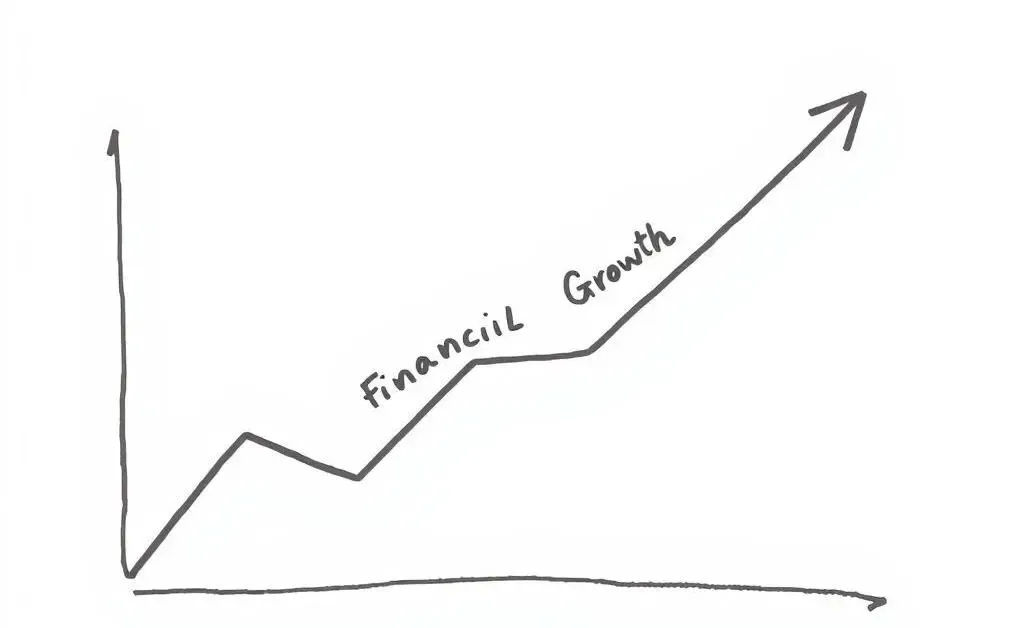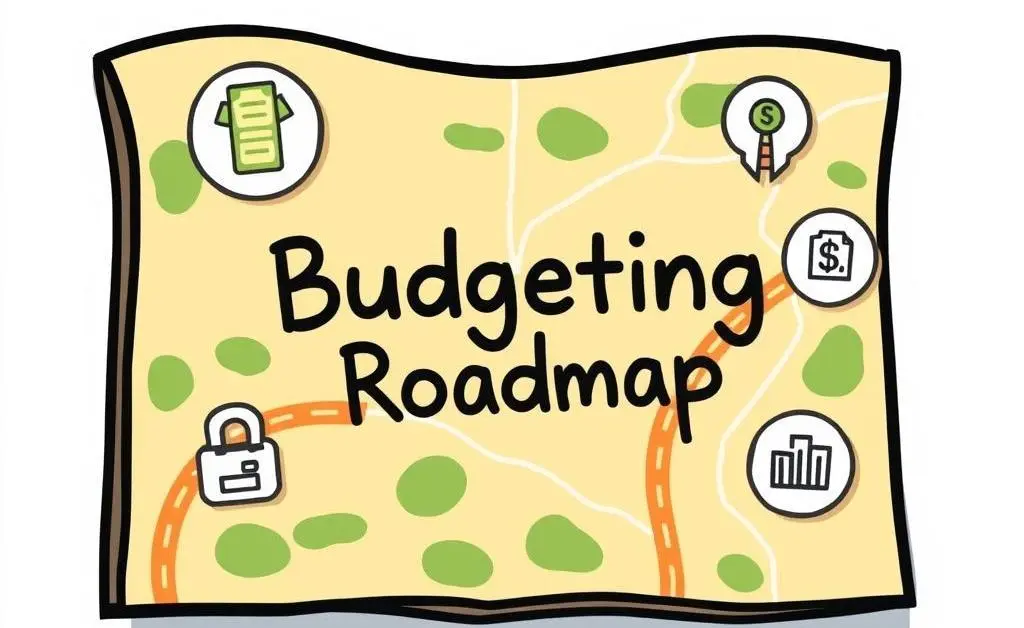What I Learned About Money 10 Years After College: A Practical Guide
Discover money lessons learned a decade after graduation for smarter financial choices.

Have you ever looked back a decade after graduating and thought about all the things you wish you had known about money? Trust me, you’re not alone. As someone who’s come to appreciate the twists and turns of financial literacy, I’m here to share the mishaps and triumphs of my financial journey.
Understanding Your Financial Landscape
It’s easy to assume that with a degree in hand, managing your money should be straightforward. But in reality, understanding your financial landscape often feels like a never-ending adventure. Financial literacy is about continuously educating ourselves and making incremental improvements where possible.
Here’s where I started: a big dream and a student loan to match. After college, it took years of practice (and yes, some mistakes) to learn how to effectively manage my income and savings.

Budgeting: Your Financial Roadmap
Budgeting can sound a bit tedious, but it’s truly the roadmap guiding you toward your financial goals. A good starting point is the 50/30/20 rule — 50% on needs, 30% on wants, and 20% on savings. This simple framework helped me prioritize spending and ensure I didn’t have more month left at the end of my money.
As you create your budget, remember that it’s a living document. Adjust it as your life changes, and don’t forget to celebrate small victories like sticking to it for a whole month!

Building Savings and Investments
Once your budget is under control, it’s time to focus on building your savings. Start with an emergency fund; having a safety net provides invaluable peace of mind. From there, consider broader investment opportunities. The magic of compound interest is that it rewards patience and regular contributions, no matter how small.
Recently, I’ve ventured into low-cost index funds. These allow me to diversify without needing a finance degree to decipher the market.
Planning for the Future
Whether your dream involves buying a house, traveling the world, or retiring early, planning is crucial. Begin by identifying what matters most to you and allocate resources to those goals. Remember that your financial plan should reflect your personal values and aspirations.

As you think about the long term, don’t hesitate to seek advice from professionals or mentors. Everyone’s journey is unique, but learning from varied experiences broadens your perspective.
Conclusion: The Journey Continues
The road to financial mastery is ongoing and filled with learning opportunities. If there’s anything I’ve learned over the past decade, it’s that flexibility and perseverance are key. Where are you on your financial journey, and what’s your next goal? Share your thoughts, and let’s continue this conversation.




